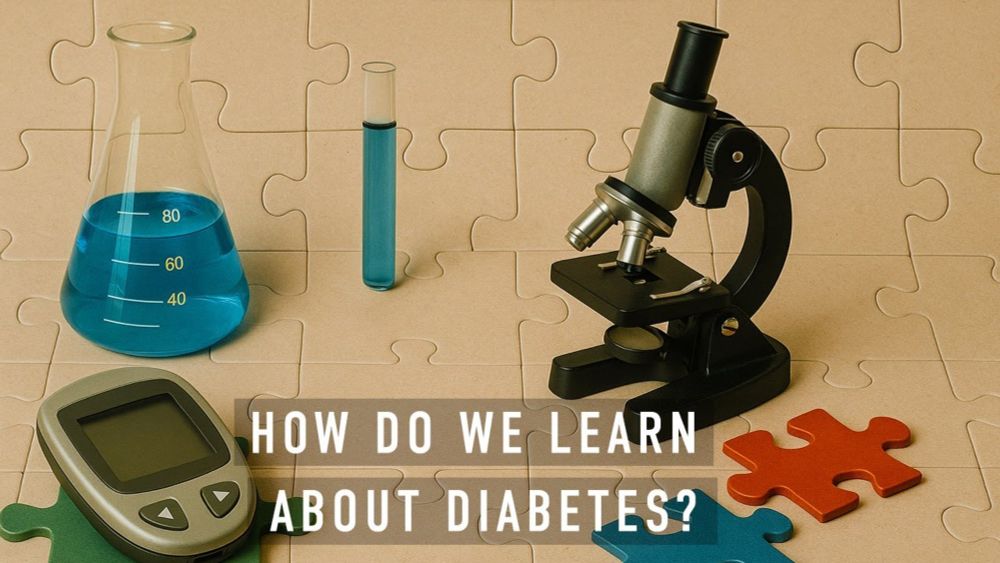Oxford Sparks
@oxfordsparks.bsky.social
92 followers
99 following
15 posts
A place to explore the cutting-edge scientific research taking place at the University of Oxford (@ox.ac.uk) and meet the scientists behind it 🧑🏽🔬🌍🧪🦋
Posts
Media
Videos
Starter Packs
Pinned
Reposted by Oxford Sparks
Oxford Sparks
@oxfordsparks.bsky.social
· Jul 30

Suspicious Minds: The Secrets of Fossil Brains
Dinosaur bones and the 'hard parts' of other prehistoric creatures can famously be preserved as fossils, providing us with a tantalising - and tangible - glimpse into the past. But what about the much more delicate soft tissues? Can these be preserved too? Incredibly, the answer is yes. Forensic anthropologist Alexandra Morton-Hayward is fascinated by the exceptional preservation of soft nervous tissues, and studies the way in which biomolecules degrade over deep time. Here she tells us about her research on fossil brains, explaining that - while still extremely rare - they might be a little more common than we first realise.
bit.ly
University of Oxford
@ox.ac.uk
· Jun 30

Dr Antje Weisheimer - Bridging the gap between weather and climate
Dr Antje Weisheimer, leader of the University's Predictability of Weather and Climate Group, talks about her career and how her work is addressing some of society’s most urgent questions about climate...
www.ox.ac.uk
Oxford Sparks
@oxfordsparks.bsky.social
· Jun 18
Oxford Sparks
@oxfordsparks.bsky.social
· Jun 18

"It might never happen..." Remembering forgotten earthquakes in Central Asia
Where in the world do earthquakes pose the greatest risk? Japan, perhaps...or California? When devastating earthquakes hit the news headlines, they implant themselves in our memory, and we create a long-lasting association between the location and the event. But what about the earthquakes that lie outside of living memory? Are the locations of these events perceived to hold the same degree of risk? In this film, Professor Richard Walker and Dr Neill Marshall from Oxford's Department of Earth Sciences share their work on the forgotten earthquakes of Central Asia, and explain the societal implications of natural disasters that have faded into the past.
bit.ly
Oxford Sparks
@oxfordsparks.bsky.social
· Apr 25

Diabetes research: a world of colourful puzzles
_"The whole thing feels a bit like doing a jigsaw puzzle where we have to find the pieces first..."_ Type 2 diabetes is one of the oldest known ailments. In fact, the Indian healer Sushruta described it in the 5th century BC as ‘madhumeha’, or honey-like urine, when he noticed that urine from sick people attracted ants. Fortunately, medicine has progressed a long way since this time, and Type 2 diabetes is now a condition that can be lived with. So, what actually causes the disease, and how can we treat it? Dr Daniela Nasteska from Oxford's Radcliffe Department of Medicine introduces us to the colourful world of diabetes research. With thanks to Diabetes UK for funding this research.
bit.ly




